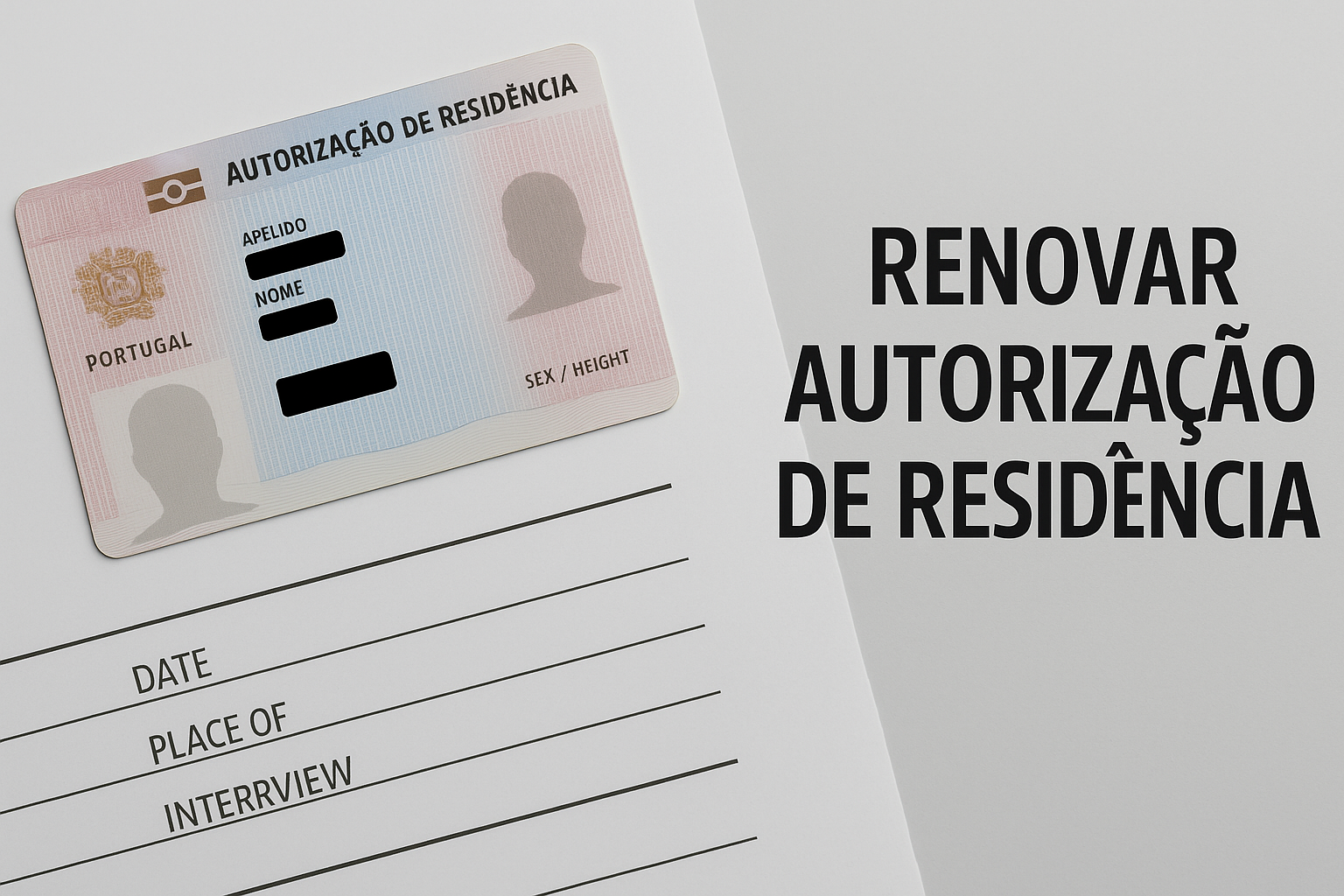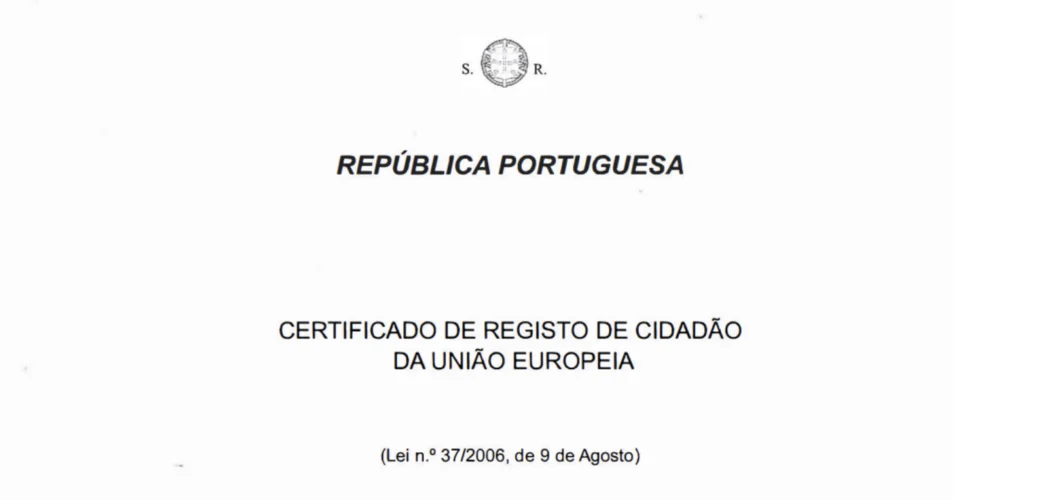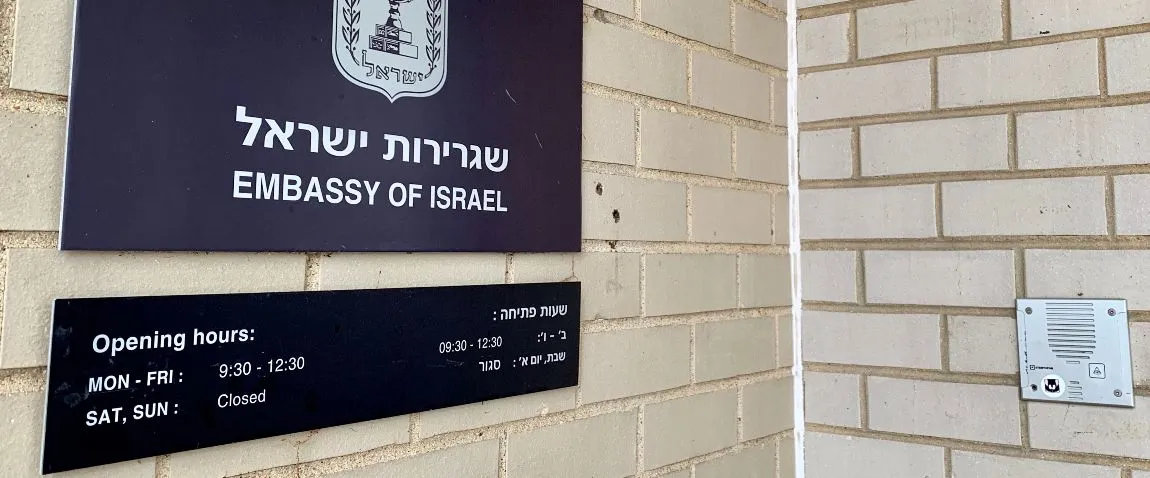If you need to renew residence permit 2025 in Portugal, pay close attention: since August 1st, 2025, the process has changed.
You can no longer do this through IRN.
From now on, only AIMA handles residence permit renewals.
This article explains — in simple language — who needs to renew, where to apply, key dates, exceptions, and useful contacts.
What changed in the renewal process?
Since August 1st, 2025, IRN no longer accepts residence permit renewals.
From that date forward, all renewal requests must go through AIMA.
Where to renew residence permit 2025?
If your residence permit expired on or after July 1st, 2025, you must use AIMA’s official online portal to submit your renewal:
🔗 https://portal-renovacoes.aima.gov.pt
This is the only valid platform to renew your permit.
What if it expired before July?
If your permit expired between February 22nd, 2020 and June 30th, 2025, your document is automatically valid until October 15th, 2025, under Decree-Law no. 85-B/2025.
AIMA is contacting residents by email to schedule appointments for renewal. In these cases, you must wait for AIMA’s invitation before applying.
What if my case is urgent?
If you have an urgent or special situation not covered by the above rules, you may consider filing a court request with urgency.
But be aware: urgency must be proven with valid documents. Without proof, the court may reject your request.
Are expired permits still valid?
Yes. All residence permits that expired before June 30th, 2025 are legally valid in Portugal until October 15th, 2025, and can be used for all legal purposes.
Does IRN still provide support?
No. IRN is no longer responsible for residence permit renewals and will not provide any assistance or clarification.
Final tip: check your dates and follow the right steps
To avoid issues or delays, always check the expiration date of your residence permit and use the correct channel:
-
Expired after July 1st, 2025? Use the AIMA portal.
-
Expired between Feb 22nd, 2020 and June 30th, 2025? Wait for AIMA’s email.
-
Urgent case? Talk to a lawyer.
Need help with your case? Chat with us on WhatsApp:
📲 https://wa.me/351915431234









